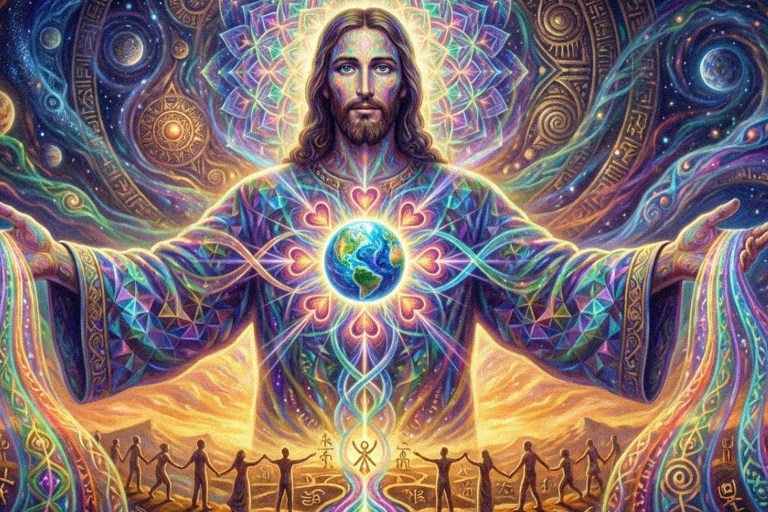
Check Yourself: Sometimes You Are The Toxic Person
A lot of toxicity is accidental. A lot of it is innocent. A lot of it is approached with genuinely positive intentions.
By ![]() Heidi Priebe
Heidi Priebe
We all love to lament about toxic people. In fact, the Internet seems to have blown up overnight with articles about them.
“How To Tell If Someone Is Toxic.”
“You Deserve To Drop Your Toxic Friend.”
“10 Signs A Relationship Is Veering Into Toxic Territory.”
Until recently, we didn’t have a word for the relationships that are not abusive per say, but are in some form or another bad for us. Limiting. Unhealthy – even if that lack of health is innocent.
And this is so often the case with toxic relationships. Oftentimes, the person we perceive to be ‘toxic’ isn’t deliberately manipulative or cruel. They aren’t trying to make our lives miserable. They aren’t attempting to tear us down. They just aren’t what we need to be healthy. And the relationship becomes toxic as a result.
We have to compromise a little to heavily to make it work with a toxic person. We have to extend ourselves a little too far. Their existence – when combined with our existence – puts a strain on the way we’d live our lives if they were not in the picture. And this is the reality of so many toxic relationships – both parties mean well. But the end result is nonetheless poisonous.
We like to perceive toxic people to be monsters – trying to tear us down and make our lives wretched at all costs.
They are the parent who is forcing us into activities we hate, because they obviously want us to be humiliated (not because they’re misinformed about what might challenge us). They are the partner who refuses to compromise because they think they’re more important than we are (not because they genuinely don’t understand what we need). They are the friend who always steals the spotlight because they want us to feel small in comparison (not because they’re naturally energized by social situations).
We slap the label ‘toxic’ on people without ever considering their side of the equation – whether their actions are deliberate or if they truly just do not understand our side of things. And this us-versus-them mentality forces a problematic rift in the way we perceive toxic people.
They are evil monsters, we tell ourselves. I couldn’t possibly ever be like them.
We decide that because our intentions are good, we could never be toxic to anyone. And this is how the cycle perpetuates.
You may not have realized it. You may not have registered it. But at some point in time, someone probably strained a little too hard to make a relationship work with you. They probably took a few blows to their self-esteem measuring themselves up to you. They probably went out on a limb to support you and ended up cracking under the pressure.
These things happen, readily and regularly, often without us even noticing. We don’t want to claim the label of ‘toxic’ because we would have behaved differently had we known both sides of the story.
But isn’t that true of most toxic people?
Very few people approach life with deliberately ill intent. Very few people make it a goal to make their loved ones miserable. Very few people deliberately set out to wreak havoc within their personal relationships and yet so many of us do so anyway.
We let each other down. We fail to see the bigger picture. We prioritize things as X, Y, Z, not realizing that our friends or our partners or our loved ones prioritize them as Y, Z, X. And our relationship spirals into toxic territory without us even realizing it.
That none of us are perfect. That having good intentions doesn’t always rid us of toxic results. Because the sooner we realize this, the sooner we can end these cycles of toxicity, instead of endlessly pointing fingers at each other.
The truth is, you can love someone with 100% of your whole heart and still be toxic to them. You can care for them and still be toxic. You can want what’s best for them so badly that it tears you apart, and still have a negative impact on their life for the sole purpose of your two elements combine to form an inexplicably toxic reaction. Neither of you are to blame. But the result is what it is.
One of the hardest lessons we may ever have to learn is that sometimes, the best way to love someone we love is from a distance. That no matter how much we want them to thrive and expand and be happy, we will never be the people who facilitate that expansion.
And that’s okay.
A lot of toxicity is accidental. A lot of it is innocent. A lot of it is approached with genuinely positive intentions.
And so we learn to forgive ourselves for the toxicity we did not mean to cause. We learn to forgive each other for it, too.
At the end of the day, we just won’t be the right fit for everybody. And everybody will not be the right fit for us.
So we accept that. We set aside our differences. We take our space when we need it. And we learn to love each other from afar. ![]()











